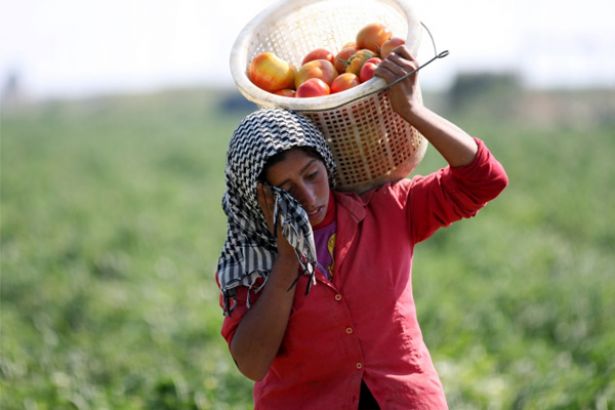Turkish farmers gradually pushed out from production due to import tariffs

Turkish farmers have gradually been pushed out from the production sector as the result of decreasing import tariffs. Economic policies of the Turkish government have been promoting imports instead of national production on the grounds of offering lower prices in agricultural and meat products to the consumers. The government has carried a new import regime decision into effect that decreases the levels of import tariffs on agricultural and carcass meat products.
As it is reported by Şehriban Kıraç from Cumhuriyet, industry experts claim that these tax deductions mean that Turkish producers will no longer be able to stay in the sector.
BENEFITS TO THE PRIVATE SECTOR
According to the chairman of the Turkish farmers’ union Çiftçi-Sen, Abdullah Aysu, the Turkish government is supporting foreign farmers instead of Turkish farmers. Aysu stated that the fact that Turkey as the homeland of wheat now imports wheat shows how bad the agricultural policies are. These policies mean that the government wants the Turkish farmers no longer produce, he adds. This, in turn, will benefit the foreign private corporations in the business of agricultural and meat products, according to Aysu.
THE ONLY OBJECTIVE IS TO LOWER THE INFLATION LEVELS
Turkish Ministry of Economy states that the reason of the recent decision of reducing the import tariffs is inflation. According to the committee that made the decision, risks observed regarding the inflation within the year 2017 are considered serious and price increases, especially in non-processed food, is one of the important reasons to explain the deviations in inflation targeting. Accordingly, in order to balance the inflation levels, the committee decided to lower the import tariffs for wheat, barley, corn as well as livestock and carcass meat, all of which directly or indirectly affects the prices of bread, red meat, white meat and egg.




